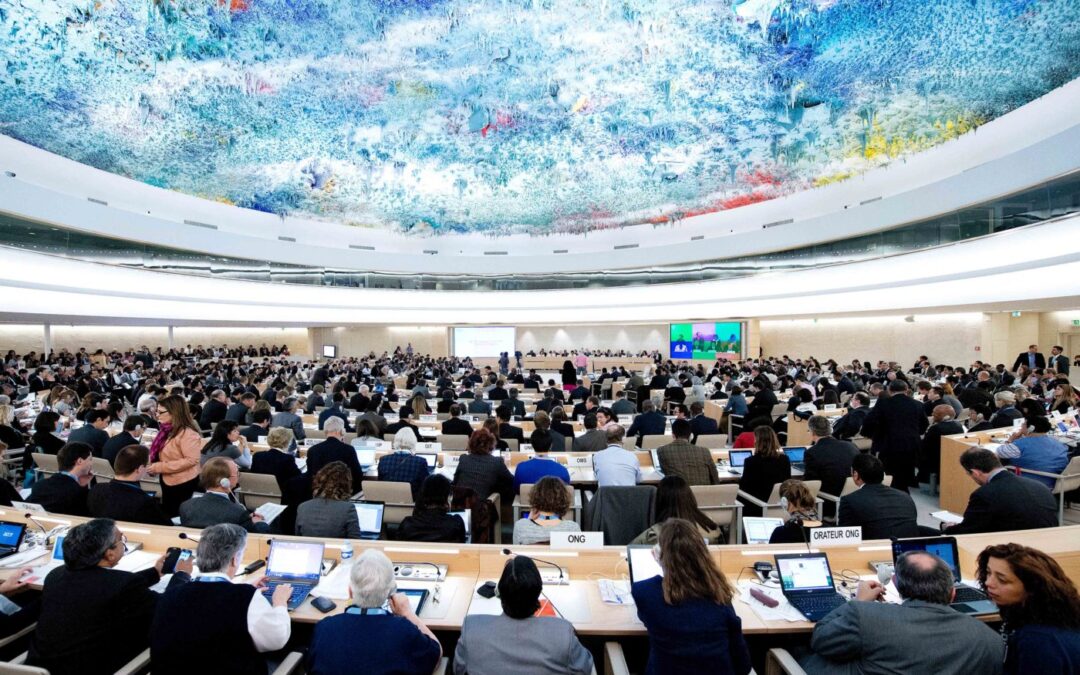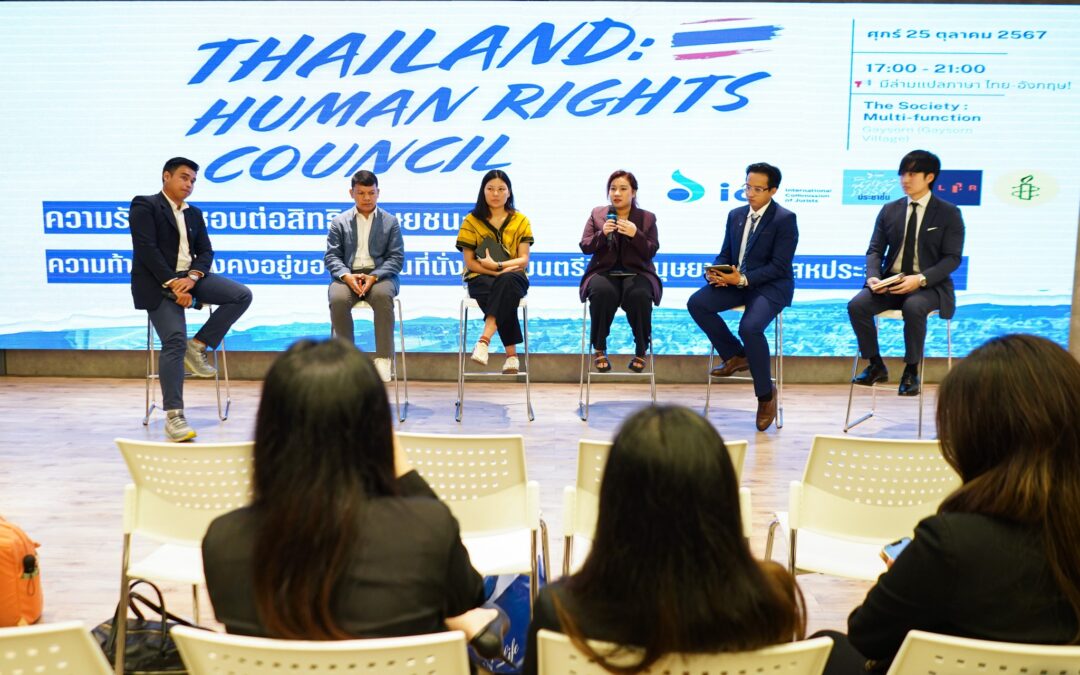


Thailand: As statute of limitations expires in Tak Bai massacre, justice remains elusive
Despite a significant step by the Narathiwat Provincial Court, which on 23 August 2024 found sufficient evidence to prosecute former high-ranking officials, and the subsequent Attorney General’s decision on 18 September 2024 to indict some of those responsible...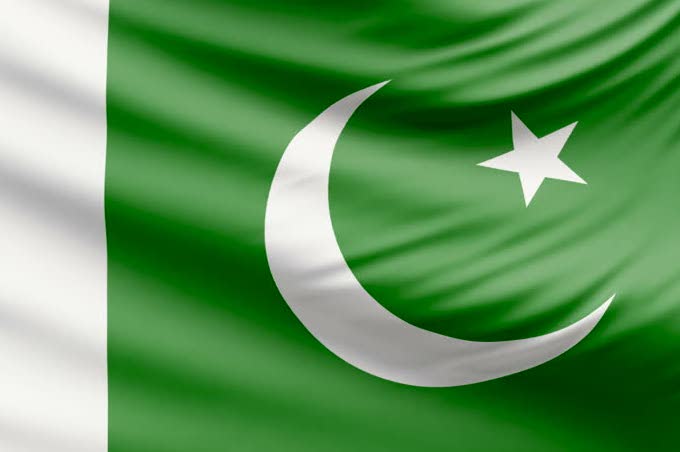
Pakistan: 26th Constitutional amendment is a blow to the independence of the judiciary
The 26th Constitutional Amendment (CA), passed by Pakistan’s Parliament today, is a blow to judicial independence, the rule of law, and human rights protection, said the International Commission of Jurists (ICJ). The 26th Constitutional Amendment makes significant...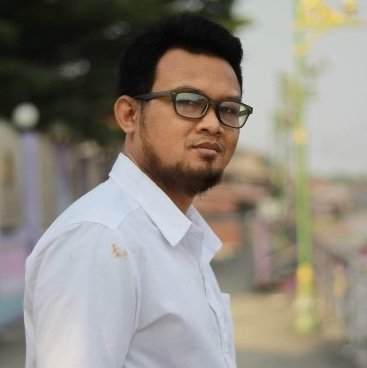
Thailand: Joint Open Letter to the Thai Government on the extradition of United Nations-recognized refugee Y Quynh Bdap
On 18 October 2024, the International Commission of Jurists (ICJ) and partner human rights organizations submitted an open letter to the Thai Royal Government, concerning the extradition of Y Quynh Bdap, a Vietnamese national and United Nations-recognized refugee...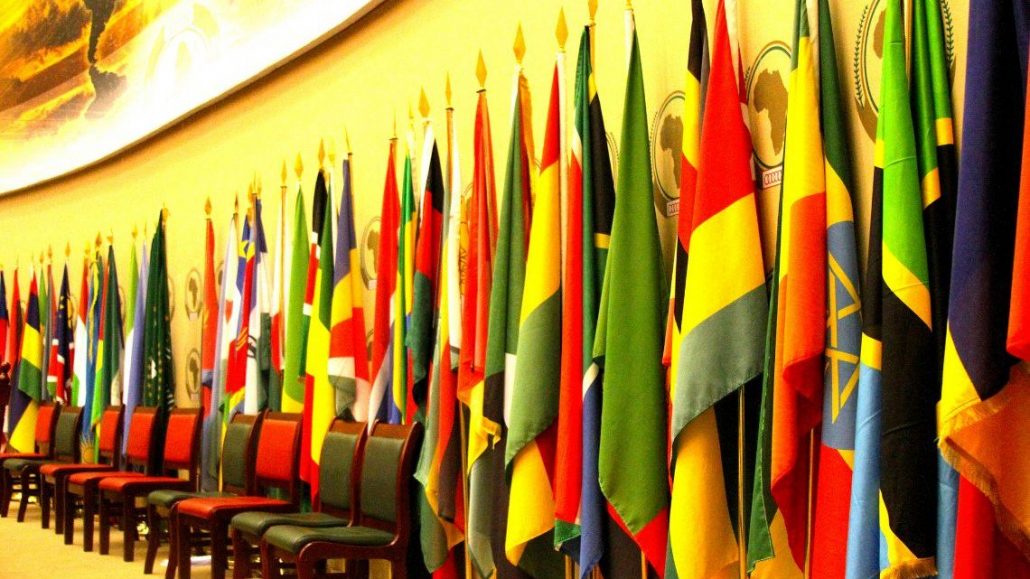
ACHPR 81st Ordinary Session: ICJ oral statement on the Crimes Against Humanity Convention
ICJ oral statement on the Crimes Against Humanity Convention delivered at the 81st Ordinary Session of the African Commission of Human and People’s Rights.
